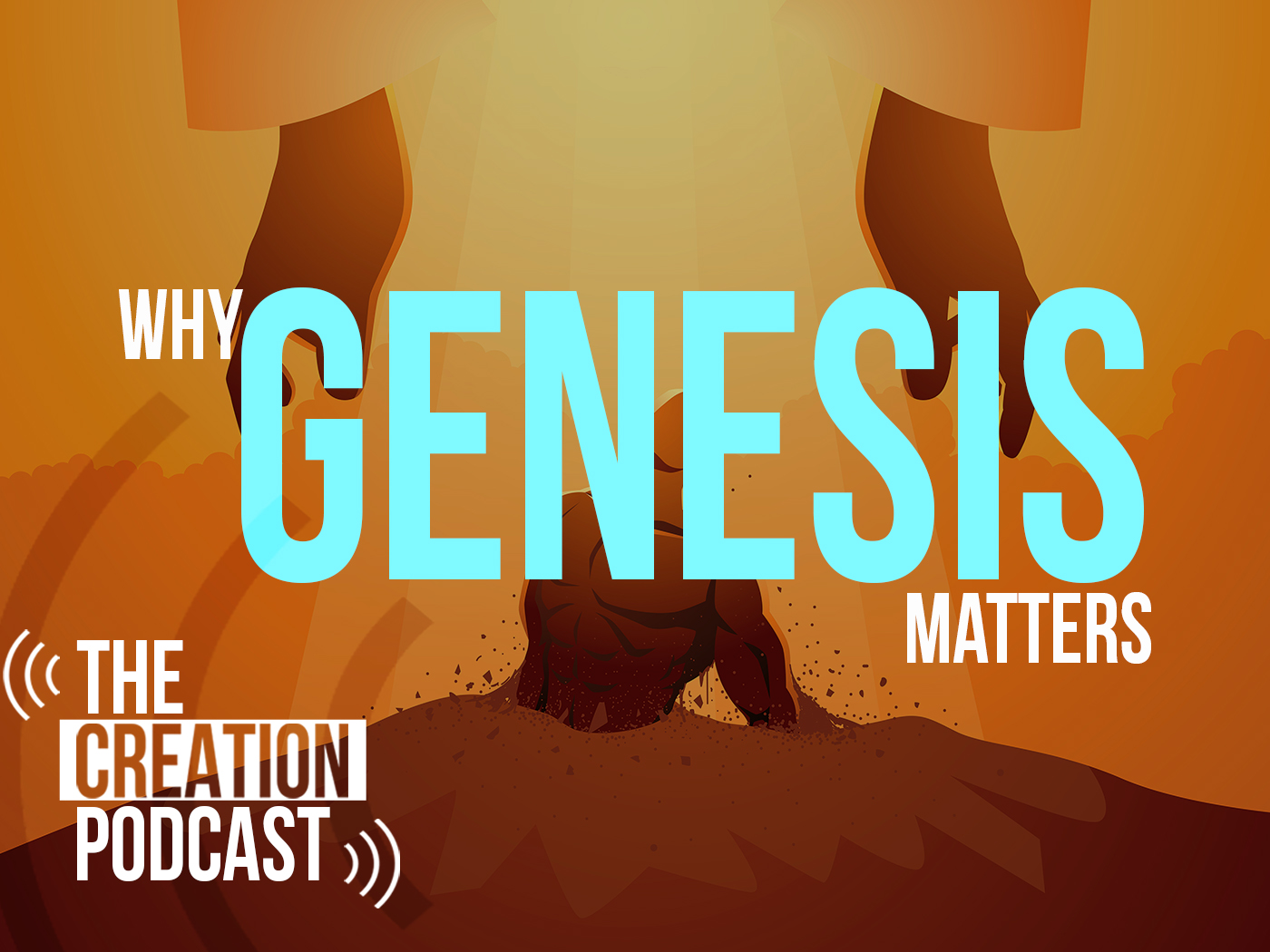All vertebrates yawn, but why they do it has long been a mystery. Recent research suggests that yawning may be a cooling mechanism for the brain.
In their study set for publication in the journal Animal Behaviour, Binghamton University biologists tested the hypothesis that “as ambient temperature increases and approaches (but does not exceed) body temperature, yawning should increase as a consequence.”1 In other words, as the surrounding temperature rises closer to the body’s warmer temperature, yawning should result. The parakeets they tested yawned as predicted, thus confirming the researchers’ temperature-based hypothesis.
Oral and nasal passages are very close to the brain, as those who have experienced “brain freeze” when swallowing ice cream too quickly can attest, and it makes sense that the increased air movement through those passages would aid in cooling. Vertebrate brains, which contain billions of delicate, heat-generating biochemical reactions occurring every minute, operate best within a certain cool temperature range. Further, “the new findings also explain why tired individuals often yawn, since both exhaustion and sleep deprivation have been shown to increase deep brain temperatures.”2
Thus, the pre-programmed instinct to yawn may serve the purpose of cooling, but it only does so because of the location of specifically-shaped airways near the deep brain.3 Remarkably, both the physical equipment and the metaphysical instinct (information or programming) to use it are found fully integrated “in all classes of vertebrates.”1 How did this come to be?
Lead author Andrew Gallup asserts that yawning “evolved to allow maximum cooling of the brain,”1 though he offers no evidence to support the concept that a long series of adaptations in response to differing environments led to the development of yawning—nor does he explain how this feature was retained by all seven vertebrate classes throughout their hypothetically long history of development from a common ancestor. Much less faith is required to believe that a Creator specifically integrated this system to maintain brain temperature, and that “in his hand is the life of every creature and the breath of all mankind.”4
References
- Gallup, A. , M. L. Miller and A. B. Clark. 2009. Yawning and thermoregulation in budgerigars, Melopsittacus undulatus. Animal Behaviour. 77 (1): 109-113.
- Viegas, J. The Yawn Explained: It Cools Your Brain. Discovery Channel News. Posted on discovery.com December 15, 2008.
- Thomas, B. 2008. The Amazing Design of the Human Nose. Acts & Facts. 37 (8): 14.
- Job 12:10.
* Mr. Thomas is Science Writer.
Article posted on December 24, 2008.














